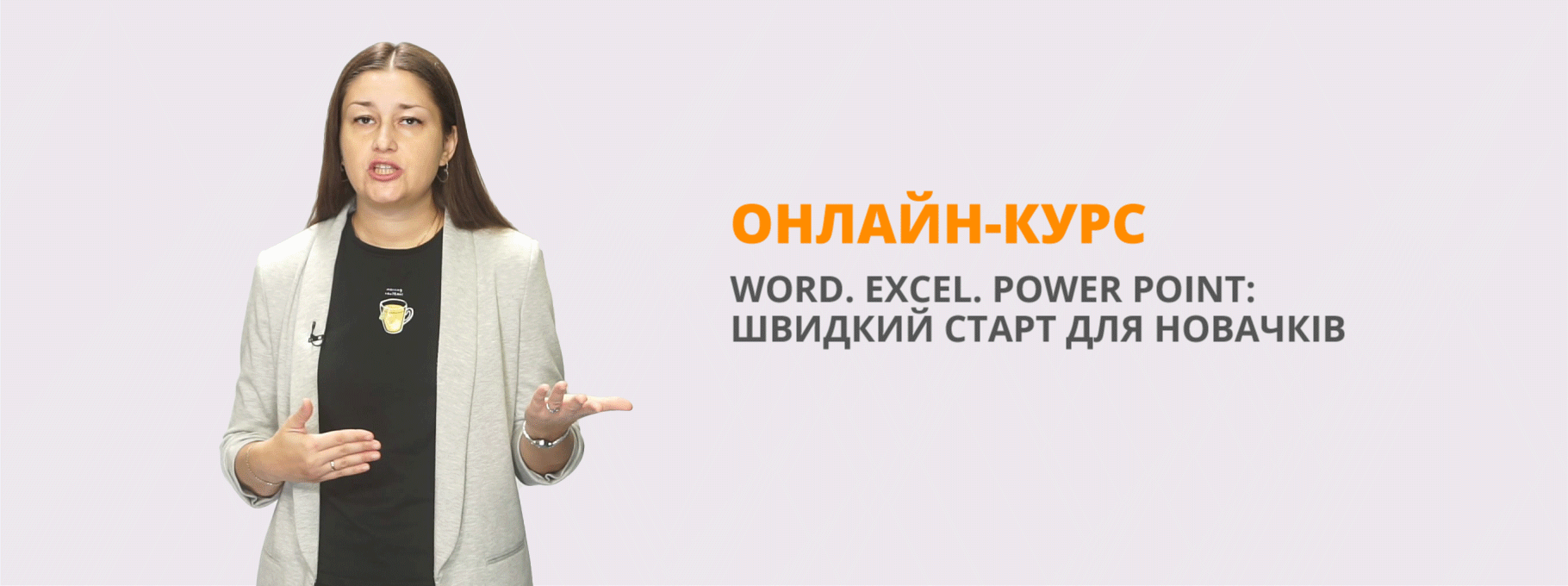FEELINGS AND EMOTIONS
FEELINGS AND EMOTIONS
THE TOPICAL VOCABULARY
POSITIVE FEELINGS
admiration [,ædmə'reɪʃ(ə)n]'— замилування, захоплення
enthusiasm [uvθju:zɪæzm] — (бурхливе) захоплення; ентузіазм
excitement [ik'saɪtmənt] — збудження, хвилювання
elation [ɪ'leɪʃ(ə)n] — бурхлива радість, піднесений настрій;
душевне піднесення, захват; ентузіазм
joy [dʒɔɪ] — радість
love [lʌv] — кохання, любов
pride [praɪd] — гордість: почуття гордості
zest [zest] — енергія, жвавість
NEGATIVE FEELINGS
anger ['æŋgə] — гнів, лють; роздратування
annoyance [ə'noɪəns] — досада, прикрість, неприємність; роздратування
irritation [,ɪrɪ'teɪʃ(ə)n] — роздратування, роздратованість; гнів
anxiety [æŋ'zaiətɪ] — тривога, неспокій, турбота, страх
despair [dɪs'pɛə] — розпач, відчай; безутішність; безнадійність
humiliation [hju(:),mɪlɪ'eɪʃ(ə)n] — приниження; принизливе становище
embarrassment [ɪm'bærəsmənt] — збентеження; замішання;
розгубленість; нерішучість, вагання; утруднення, перешкода
tension ['tenʃ(ə)n] — напруження; напруженість
envy ['envɪ] — заздрість
hate [heɪt] — ненависть; огида, відраза
jealousy ['dʒeləsɪ] — ревнощі
fear [fɪə] — страл, острах, боязнь
shame [ʃeɪm] — сором
guilt [gɪlt] — вина, провина; провинність
rage [геɪdʒ] — лють; гнів; несамовитість, розлюченість
terror ['terə] — страх, жах; терор
EMOTIONAL CONDITION
to feel [fi:l] good — почувати себе добре
to feel fine [faɪn] — почувати себе прекрасно
to feel great [greɪt] — почувати себе чудово
to feel pride [praɪd] in smth. — відчувати гордість за щось
to be bright [braɪt] and happy ['hæpɪ] — бути веселим і щасливим
to be in a good mood [mu:d] — бути в гарному настрої
to feel bad [bæd] — почувати себе погано
to feel uneasy [ʌn'i:zɪ] — почувати себе ніяково, незручно
to feel anxious ['æŋkʃəs] — відчувати занепокоєння
to feel lonely ['ləunlɪ] — почувати себе самотнім
to feel scared [skɛəd] — відчувати страх
miserable ['mɪz(ə)r(ə)bl] — почувати себе нещасним
to feel guilty ['gɪltɪ] — почувати себе винним
to feel put upon ['putə'pɔn] — почувати себе обманутим
to be upset [ʌp'set] — бути засмученим
to be tense [tens] and jumpy ['dʒʌmpɪ] — бути знервованим
to be furious ['fjuərɪəs] — бути розлюченим
to be in a bad temper ftempə] — бути в поганому настрої
DISPLAY OF EMOTIONS
to express [ɪks'pres] one's feelings — виражати свої почуття
to hide [haɪd] one's feelings — приховувати свої почуття
to disguise [dɪs'gaɪz] one's feelings — маскувати, не показувати свої почуття
to control one's feelings — контролювати, стримувати свої почуття
to reveal [rɪ'vi:l] one's feelings — виявляти, проявляти відчуття
to get angry ['æŋrɪ] at — сердитися на
to cope [kəup] with one's feelings — справитися із своїми почуттями
to outlet for one's emotions — давати вихід своїм почуттям
to let off steam [sti:m] — давати вихід почуттям
to burst ['bə:st] out laughing [Ta:fɪŋ] — розсміятися
to burst out crying fkraiŋ] — розплакатися
to behave calmly ['ka:mlɪ] and coolly [ ku:h] — поводити себе спокійно і незворушно
to take one's irritation [,iri'teɪʃ(ə)n] out on somebody — виливати роздратування на кого-небудь
to scream [skri:m] and yell [jel] at somebody — кричати і волати на когось
to lose [lu:z] one's temper ['tempə] — вийти із себе
to fly [flаɪ] into a rage [геɪdʒ] — розлютитися
TASK
I. Discuss the following questions:
Why do people have emotions and feelings? What good are they? What emotions and feelings are usually classified' as positive and negative ?
If you have a look at the topical vocabulary list, you'll notice that it deals with painful feelings and emotions rather than joyous ones. How can you account for it? It isn Ї always easy for us to keep our tempers when things go wrong. What do you say to let off steam ? What is the best way to make someone take an interest?
II. Work in pairs. Use expressions dealing with moods and feelings. JOY AND ENTHUSIASM: Great.'/That's great. Marvellous! Terrific! Fantastic! How wonderful! How exciting! How thrilling! ANNOYANCE How annoying! What a nuisance! What a bore! That's just what I needed! I've just about had enough of... DISTRESS: I'm worried. 1 just don't know what to do... I feel terrible. I've got a lot on my mind. I don't feel at all happy. I'm fed up. I can't take much more of this. INDIFFERENCE: I can't say I'm interested... I couldn't care less... Please yourself... I don't mind what you do. The whole thing bores me to death.
REASSURANCE: Cheer up. Take it easy. Don't you think you're overreacting a bit? There's no need to get so upset. Don't let it get you down, It's not as bad as all that, surely? Oh, come on, it's actually quite interesting. I see what you mean, but on the other hand...
III. Read the following dialogues. Observe the way people talk about their feelings. Make the similar dialogues.
1) — What's the matter? You don't look well.
— I'm rather worried.
— What about?
— My exam.
— Oh! Is that all?
— I feel very nervous.
— Don't worry about it. Try to look on the bright side of things.
2) — I just can't stand that Robbins boy.
— Willie is having one of her days, and it's driving me crazy.
— I wonder what I can make for supper tonight.
— Today is just one of those days.
— Oh, you poor thing, I had him last year, and he is impossible.
3) — I've made up my mind. We 're going to Estonia for the holidays.
— How marvellous!
— I've got a whole month off this year?
— A whole month. That's terrific:
— We'll leave in early June.
— Good! Are we taking the bicycles?
— The bicycles? Oh, no, we're going on a package tour.
— Oh, no!
— And I thought we'd take aunt Ann with us.
— Oh, heavens! Do we have to?


про публікацію авторської розробки
Додати розробку
